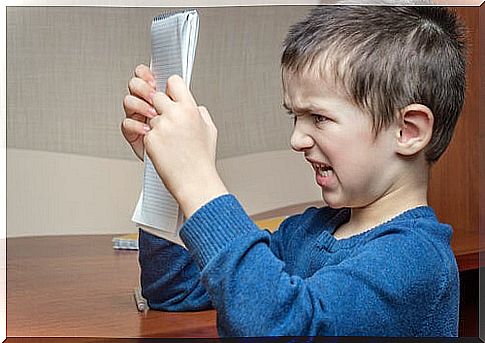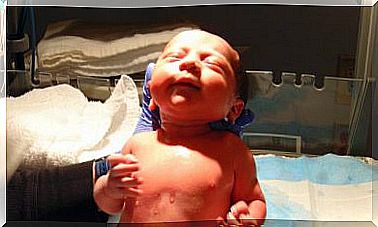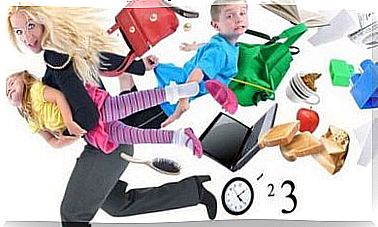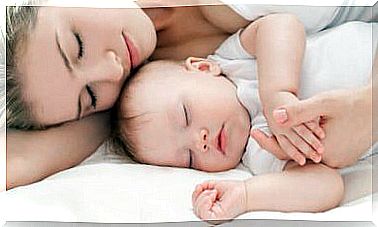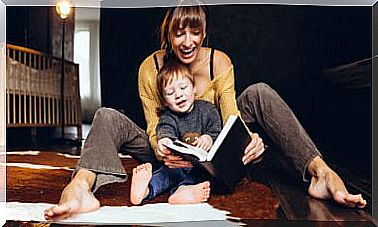Without Realizing It, You Are Generating Anxiety In Your Child
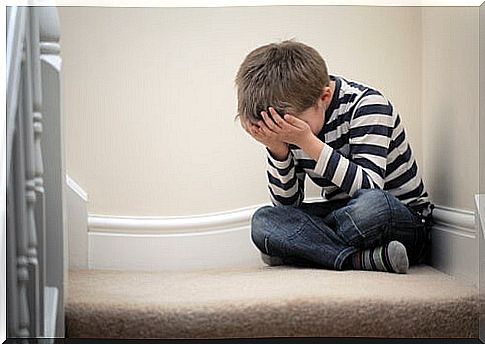
Are you generating anxiety in your child? On many occasions and without realizing it, parents can foster insecurities that are later reflected in the psycho-emotional development of their children. That is why it is important for them to understand and decipher the symptoms that children develop in terms of stress and anxiety.
What are the causes that are generating anxiety in your child?
Children generally have a happy and positive frame of mind. They are always looking for new adventures and full of energy. However, when they begin to change their behavior permanently and without an apparent cause, it is important to pause and analyze what or who is affecting the child.
In this sense, an inquiry must be made that must begin with the introspection of the parents and other family members with whom the child has permanent contact. Sometimes parents can encourage insecurities to develop, which in turn lead to feelings of stress and anxiety.
Although unintentionally, you may be generating anxiety in your child through attitudes such as excessive authority or, on the contrary, too much permissiveness. Examples of these are overprotection, the refusal to develop their own personality and make their own decisions or constant criticism, among others.
Symptoms a child develops with anxiety
Children with anxiety and stress problems develop very clear symptoms that every parent can identify. However, for this it is essential that parents are informed about it and are very attentive to any change in behavior that their child demonstrates.
Symptoms of anxiety and stress often occur simultaneously in two well-defined areas of a child’s life. The first is the emotional and the second is the physical. Generally, these two spaces go hand in hand, and several symptoms can occur at the same time, as well as in isolation.
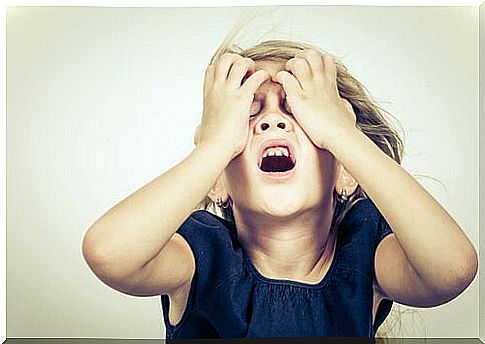
Emotional symptoms
Without a doubt, the most obvious emotional symptoms that children develop are: lack of empathy, disinterest in studies and even games with other friends. There are others, such as sadness, listlessness when eating, irritable or aggressive behavior, fear, insecurity or inability to concentrate.
Negative thoughts are also often constantly present in children who suffer from anxiety.
Physical symptoms
When stress and anxiety reach very high levels, physical symptoms can also occur. These can become so severe that they are even often mistaken for other conditions. For this reason, it is also necessary to pay attention to emotional symptoms.
In terms of physical symptoms, they can range from excessive sweating and rapid heartbeat to severe headaches and abdominal pain. In this category, the child may even develop stuttering, night urination, muscle aches, tremors, fainting, immobility, frequent colds, and excessive crying.
How can anxiety in children be dealt with?
The best way to deal with anxiety in children is to analyze the reasons that are generating it. In this sense, introspection is the first step.
The second is to evaluate if the anxiety that the child is suffering is recent or has been for a long time. In this case, it is best to consult a specialist to help you get out of that mood.
Maintaining fluid, respectful and constant communication are essential keys to fostering trust in children. Similarly, parents can make small changes that, in turn, can help children reduce stress levels.
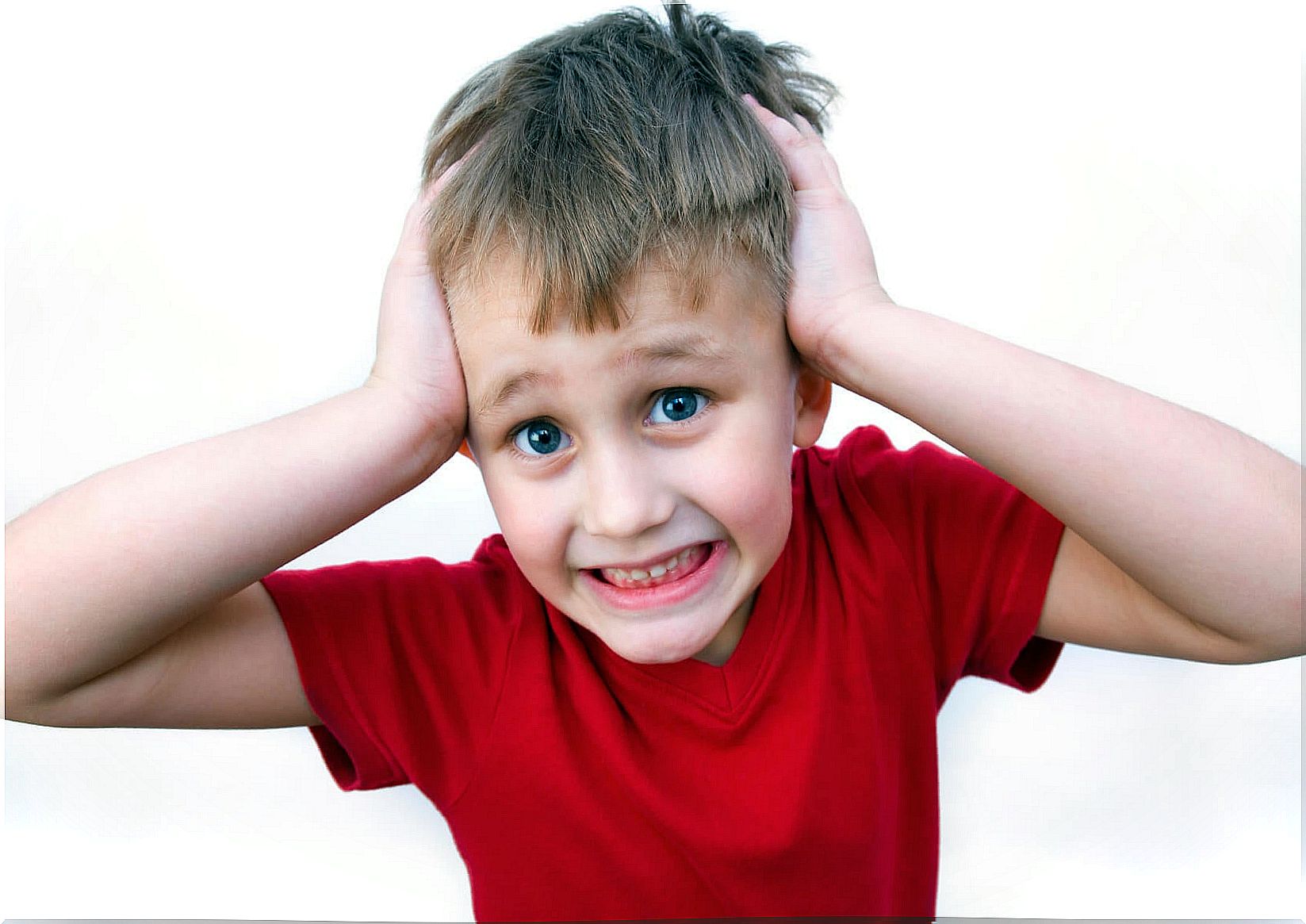
It is highly recommended to avoid overprotection, continuous criticism and give them some freedom of decision in very small tasks. This will promote healthy mental and emotional development.
Similarly, if the child’s anxiety does not decrease despite making the aforementioned changes, it is essential to seek help from a professional. In that case, he can recommend counseling, psychotherapy and drugs to the family group, if necessary.
Are you generating anxiety in your child? Fortunately, it is a problem that can be solved with small measures. The most important thing is to recognize the symptoms and behavior changes in the child, in order to take the necessary corrections. With a little patience and a lot of love, the child can be happy, dynamic and full of energy again.
